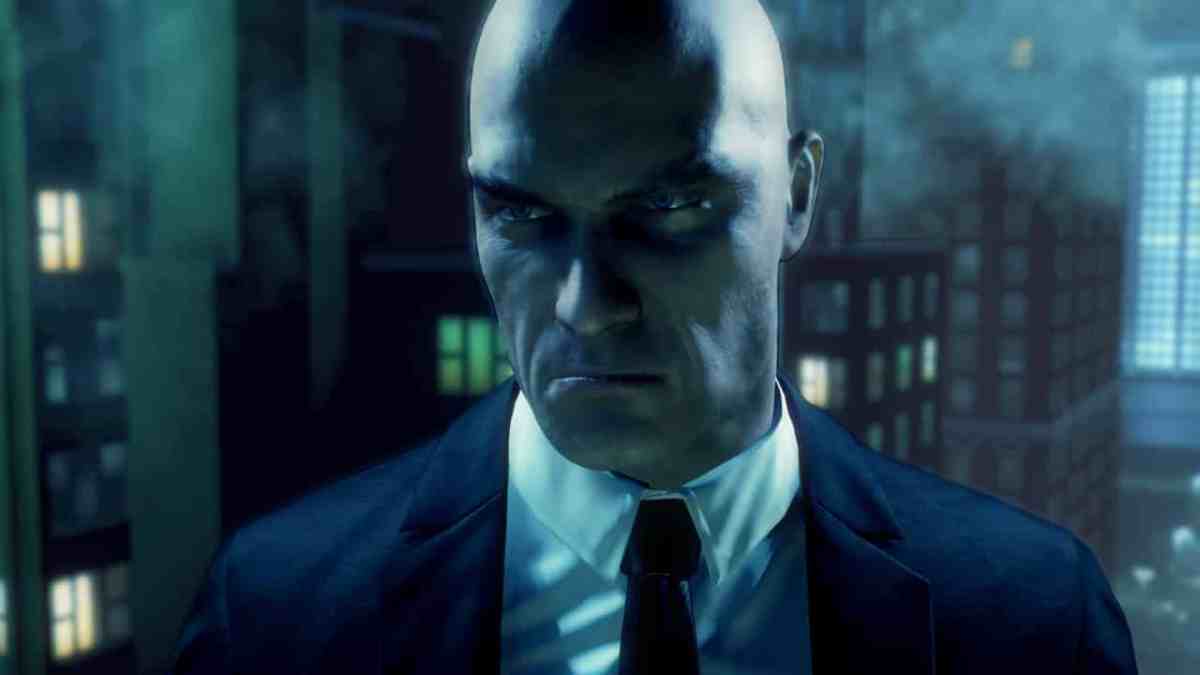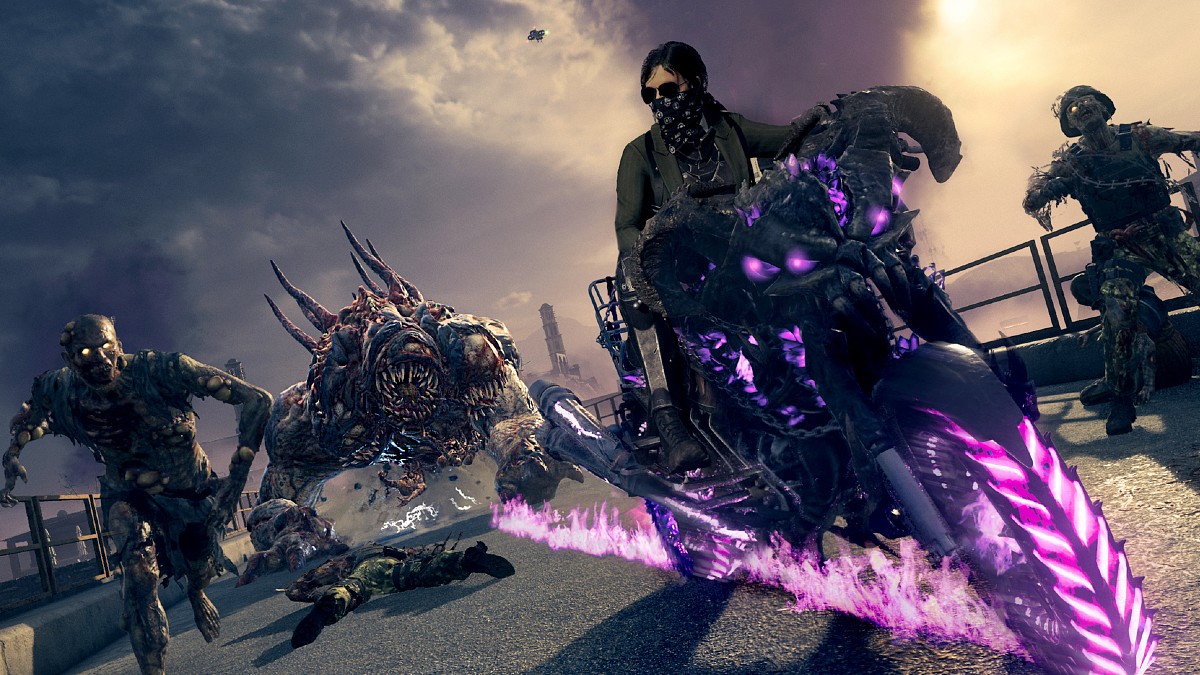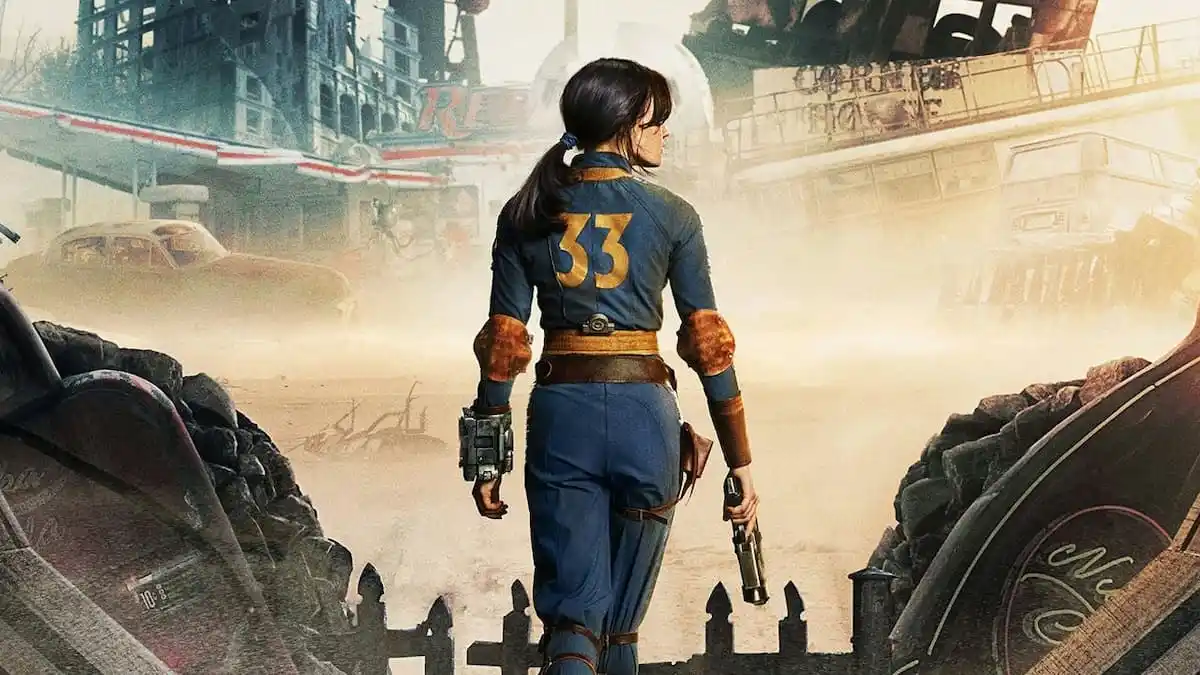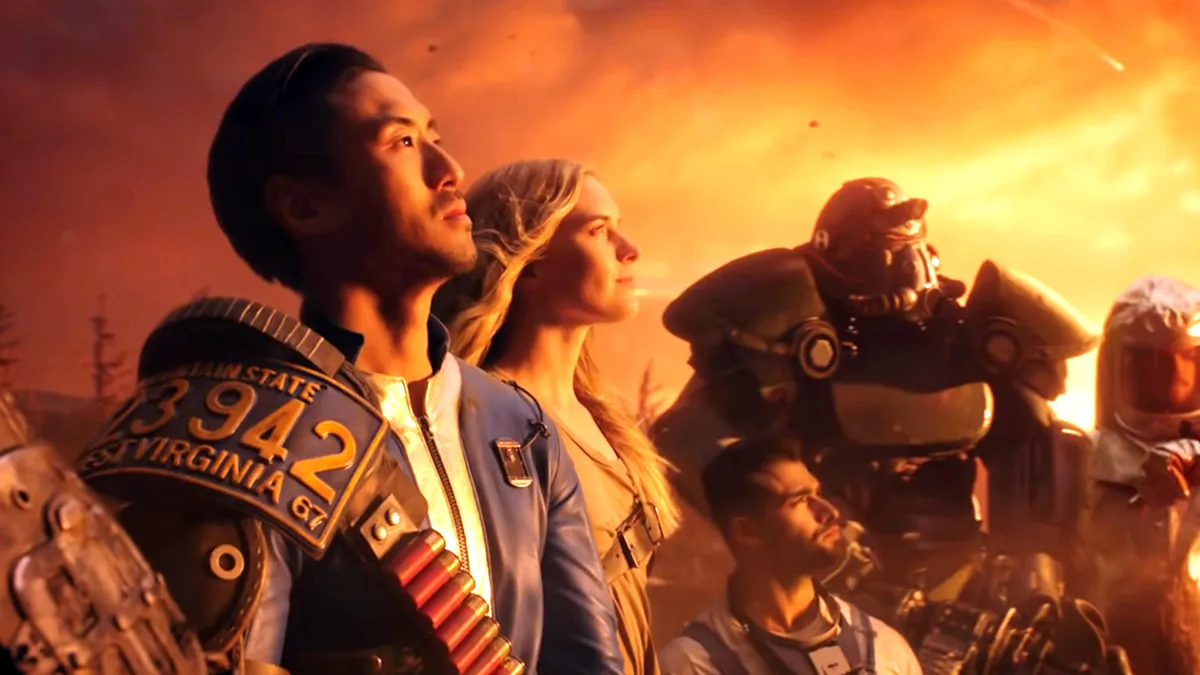This article contains mild spoilers for IO Interactive’s Hitman “World of Assassination” trilogy.
Hitman: Absolution had more than its fair share of sins: chunked and limited levels that barely gave you room to move, cutscenes that robbed you of the right to execute your target, a nuns-with-guns hit squad, enough lens flare to blind a yak, the list goes on. It barely felt like a Hitman game, and even now, its canon status is highly questionable.
But perhaps it’s time to reappraise this oddball addition to the stealth genre’s standout series. I recently revisited Hitman: Absolution and gained a greater appreciation for what it tried to accomplish. For all its flaws, it laid the groundwork for IO Interactive’s “World of Assassination” Hitman trilogy, arguably the finest stealth games to date. Some of the changes, though misguided, were a bold attempt at taking the franchise beyond its roots.
Hitman: Absolution’s most immediate sin is that it tries to turn series protagonist 47 into an action hero, pitting him against a range of larger-than-life villains whose presence dominates the plot. There’s an optional scene where 47 gets into a wrestling match with a character best described as Discount Danny Trejo.
Before dispatching Discount Danny, the assassin — who operates based on anonymity — tears off his mask in front of the watching crowd. Why would he do something so ridiculous? Because it’s a grand cinematic moment, ignoring the fact that Hitman players had, for years, been crafting their own dramatic executions. When you do catch up with the other two recurring villains, there’s little satisfaction because control is wrenched out of your hands and their deaths are relegated to cutscenes.
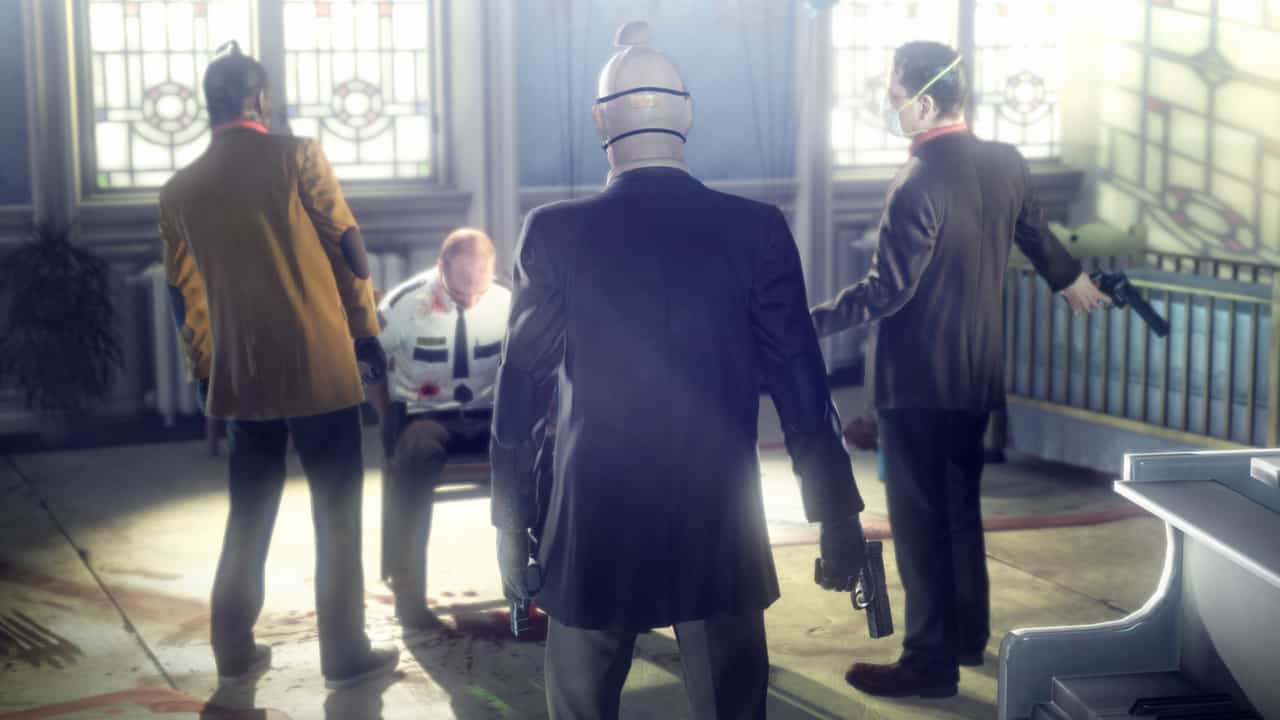
“The problem with Absolution is that its new custodians from the Kane and Lynch team seem to have fundamentally misunderstood what made Hitman great,” wrote VideoGamer’s Chris Schilling. It’s clear Kane and Lynch, another IO Interactive title, had some influence on Absolution, to the point where Lynch himself makes a cameo appearance. But for years, 47 had been painted as a near emotionless void, primarily so the players could pour themselves into him.
So, even with the “correct” motivation, Hitman: Absolution’s attempt to suddenly make him a determined angel of vengeance fell flat. And don’t get me started on the Saints, Absolution’s nun assassins, who could have been ripped from a ‘70s grindhouse flick. It’s particularly telling that none of the plot threads left dangling at the end of Hitman: Absolution have been picked up by subsequent games.
However, the idea of having persistent villains wasn’t just abandoned, as Travis Barbour, IO’s communications manager, noted in a recent interview. Instead, the World of Assassination trilogy takes the ideas introduced in Hitman: Absolution and executes them far more effectively. 47 is driven not by burning vengeance but a promise he made with an old friend and his attachment to the one person he truly trusts, an easier-to-swallow scenario. And the villains of the piece? They operate from behind the scenes, emerging only when you’ve flushed them out. They don’t lean over you gloating, while their creatine-chugging henchman stands on your neck.
Would these developments have occurred if Absolution didn’t take things too far? Probably not. The recent Hitman trilogy also owes a lot to Absolution’s “instinct” system which, at the time, seemed utterly absurd. Dressing as a bodyguard would let you infiltrate other areas, but if another bodyguard saw you, they’d quickly figure out you were an impostor. The solution was to literally cover the side of your face with your hand or pull down your hat.
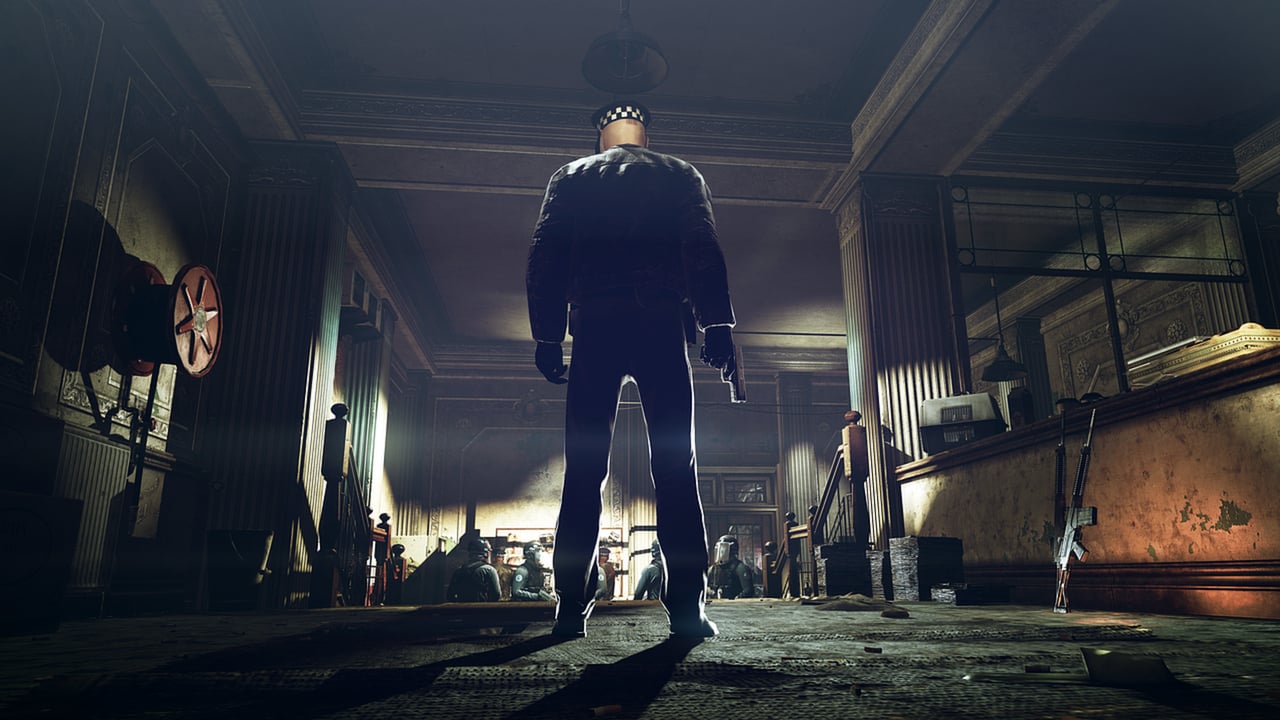
Trained security professionals in a high-security area think nothing of a man walking along with his cap obscuring his face, apparently. It’s as jarring as it sounds and is the one thing that, even now, takes me right out of the game. But in retrospect, as daft as it seems, it’s still more logical than previous Hitman games where guards would become suspicious even though they’d have no reason to recognize you, barcode tattoo notwithstanding. 2016’s Hitman’s disguise system is, for all intents and purposes, built on that of Absolution. Instead of being recognized by everyone wearing the same disguise, only specific, clearly marked people are able to rumble you.
Hitman: Absolution also spawned the Contracts system, a stroke of genius whereby players could challenge others to execute specific characters other than the main targets. It delivered a degree of freedom that hunting the scripted targets didn’t. It’s no surprise that Contracts survived into the World of Assassination trilogy, as it makes Hitman even more replayable — just as long as you don’t question why you’ve been asked to kill a hotel clerk with a 19th century dueling pistol.
I’d like to say that Hitman: Absolution’s levels were a template for future Hitman games, but that would be a lie. Absolution sports a few semi-open levels, but even those are split into chunks. The rest are smaller levels that limit your stealth options and are seemingly designed to funnel you into a firefight. But it used to be much, much worse, as IO Interactive CEO Hakan Abrak explained in the NoClip documentary, The Fall & Rise of Hitman.
“The game was originally much more linear and story-driven. It wasn’t the game Hitman fans were expecting,” he noted, stating that, when Absolution started development, games like Gears of War and Max Payne were in favor, which influenced Absolution’s direction. IO “crunched” hard to inject some openness back into the game, but it’s still not an easy sin to forgive.
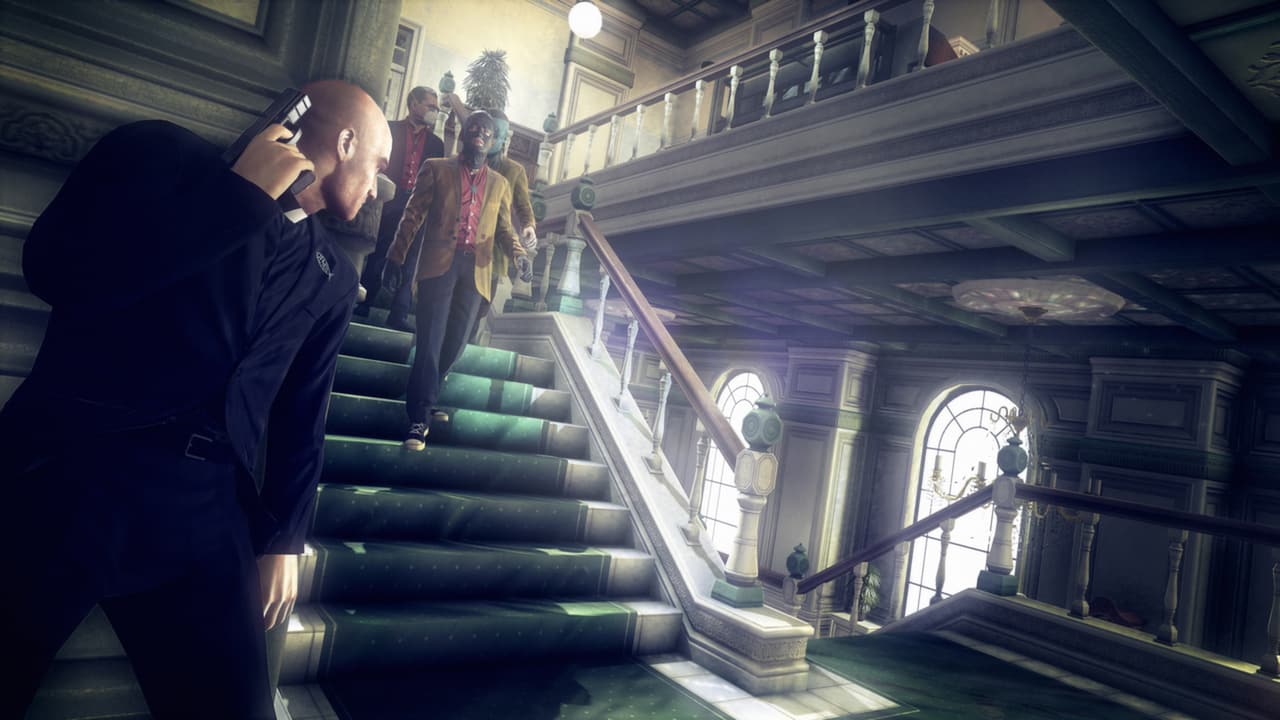
But the reaction to Absolution’s levels made it clear just what Hitman fans wanted: wide-open murder sandboxes with plenty of opportunities for creative play. IO Interactive learned its lesson, and while Hitman has fewer levels than earlier games, they’re so huge that you could pore over each one for weeks and still keep discovering new ways to dispatch your targets. It was a harsh lesson, and eight years later, Hitman 3 recovered its development costs in under a week.
Ultimately, it’s time to absolve Hitman: Absolution of its sins and appreciate what it did accomplish. I don’t, for one second, regret diving back into it, and it was nowhere near the train wreck my brain had convinced me it was. Above all, it spawned many of the ideas that made 2016’s Hitman so superb, a critical stage in the evolution of the series. Without it, there would be no World of Assassination. It’s okay, Hitman: Absolution — I forgive you.
I’m probably going to hell for killing those nuns, though.

